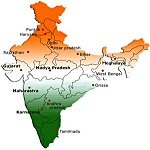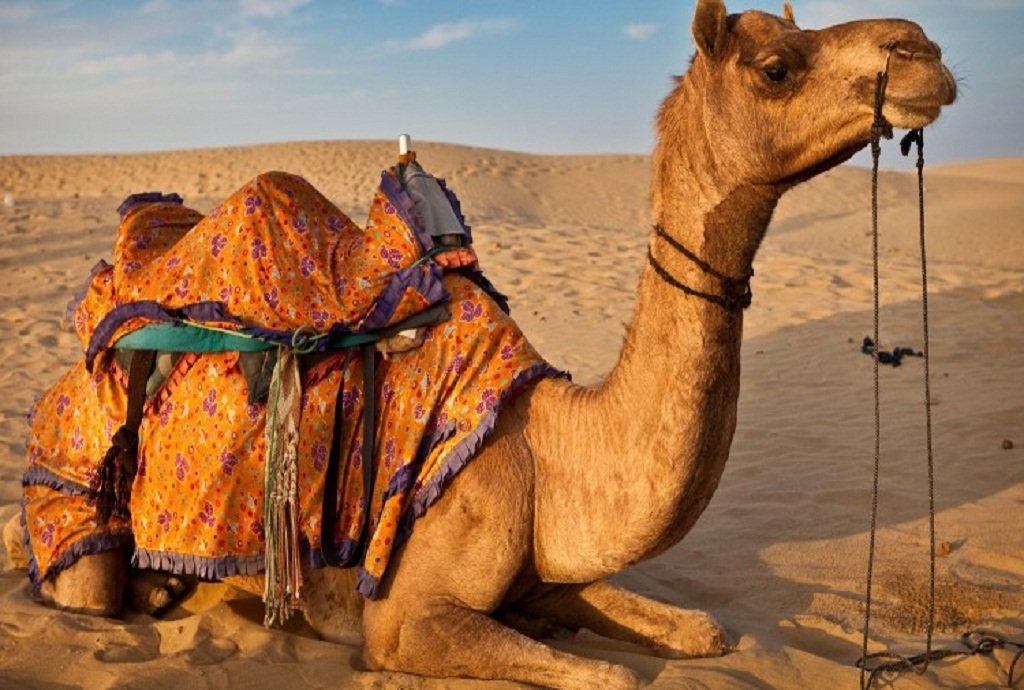India
History of India and it’s civilization earlier 6500 BC which perhaps make the oldest existing civilization in the world. India has been a meeting ground between the East and the West. Based on archeological findings, Indian history can be broadly divided into five phases:1. Saraswati (Harappan) civilization: 6500 BC - 1000 BC or also called 'Vedic period' in history of India.2. Golden period of Indian History: 500 BC - 800 AD3. Muslim influence in India: 1000 AD- 1700 AD4. British empire in India from 1700 AD - 1947 AD -Later Modern India from1947 to until now .
Ancient Indian History (Vedic Period)
According to history from Mehargarh (north-west Indian sub-continent) shows beginning of civilization in India at around 6500 B.C. It is the earliest and largest urban site of the period in the world. This site has yielded evidence for the earliest domestication of animals, evolution of agriculture, as well as arts and crafts. The horse was first domesticated here in 6500 B.C. There is a progressive process of the domestication of animals, particularly cattle, the development of agriculture, beginning with barley and then later wheat and rice, and the use of metal, beginning with copper and culminating in iron, along with the development villages and towns. It has been suggested by some historians that an 'Aryan Invasion' of Indian subcontinent took place around 1500-1000 B.C. Two important cities were discovered: Harappa on the Ravi River and Mohenjodaro on the Indus during excavations in 1920. Ancient civilization, which is now called by historians as 'Indus Valley Civilization', or 'Saraswati Civilization'. Later Harappan (Sarasvati) civilization 3100-1900 BC shows massive cities, complex agriculture and metallurgy, sophistication of arts and crafts, and precision in weights and measures
However ,this civilization had a written language and was highly sophisticated. The year 4500 B.C. marks Mandhatr's defeat of Druhyus, driving them to the west into Iran. 4000-3700 B.C. was the Rig Veda period. In 3730 B.C. the 'Battle of Ten' Kings - occurred. That was the age of Sudas and his sage advisors, Vasistha and Visvamitra. From 3600 to 3100 B.C. was the late Vedic age during which Yajur, Sama, and Atharva Vedas were composed. 3100 B.C. is the probable date of the Mahabharata, composed by Vyasa. At this time, a tectonic plate shift resulted in river Yamuna which was a tributary of river Saraswati shifted its course and Saraswati became smaller. It was the beginning of 'Kali Yuga'. In 1900 B.C., another tectonic plate shift made Saraswati lose Sutlej. This dried up Sarasvati, causing massive exodus of people towards the Ganga valley in east, whence the classical civilization of India .


India Rajasthan & Round Tour
$1,290.00 / Per person
India, Rajasthan & Round Tour includes a complete overland journey of Rajesthan's palace, fort & dese...

